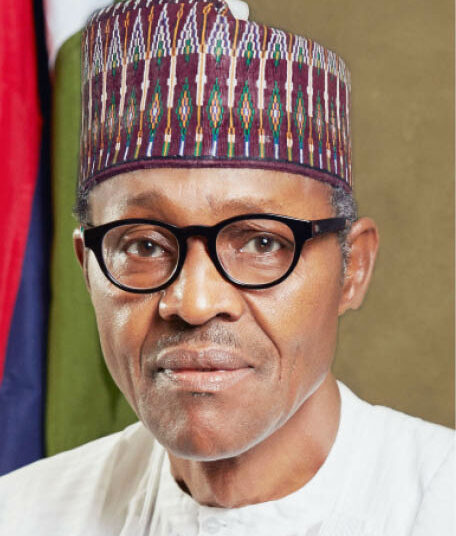
Nigeria is in mourning following the death of its former president, Muhammadu Buhari, who passed away on July 13, 2025, at age 82 in a private clinic in London. The retired Major General and two-time Nigerian leader—first as military head of state from 1983 to 1985 and then as democratically elected president from 2015 to 2023—died after a prolonged illness. His death was confirmed by family sources and longtime aide Bashir Ahmad, who posted a solemn tribute on social media, praying for Buhari’s soul to rest in peace.
Buhari’s legacy is one of discipline, controversy, and influence. His 2015 electoral win made history as the first time a sitting Nigerian president lost to an opposition candidate, defeating Goodluck Jonathan in a highly competitive race. As president, Buhari championed an anti-corruption campaign and prioritized the battle against Boko Haram insurgents. His administration also faced criticism over worsening economic indicators, rising national debt, and declining human rights records. Despite these controversies, many Nigerians still viewed him as a figure of incorruptibility and austere leadership.
Throughout his life, Buhari remained a divisive yet towering symbol in Nigerian politics. Supporters admired his military background and his war on graft, while critics accused him of nepotism, intolerance for dissent, and economic mismanagement. His prolonged medical visits to the UK during his presidency drew national debate on healthcare inequality and government accountability.
In death, Buhari’s story reflects a broader national narrative—of ambition, power, struggle, and the pursuit of reform. His burial will follow Islamic rites, and state funeral plans are already underway, with President Bola Ahmed Tinubu expected to lead a high-powered delegation of mourners.
As Nigeria reflects on the life of its former leader, debates on his true legacy have reignited. Regardless of viewpoint, Buhari’s influence on modern Nigerian democracy remains undeniable.
His passing closes a significant chapter in the nation’s post-independence history, reminding all of the fragility of power and the enduring impact of leadership.



